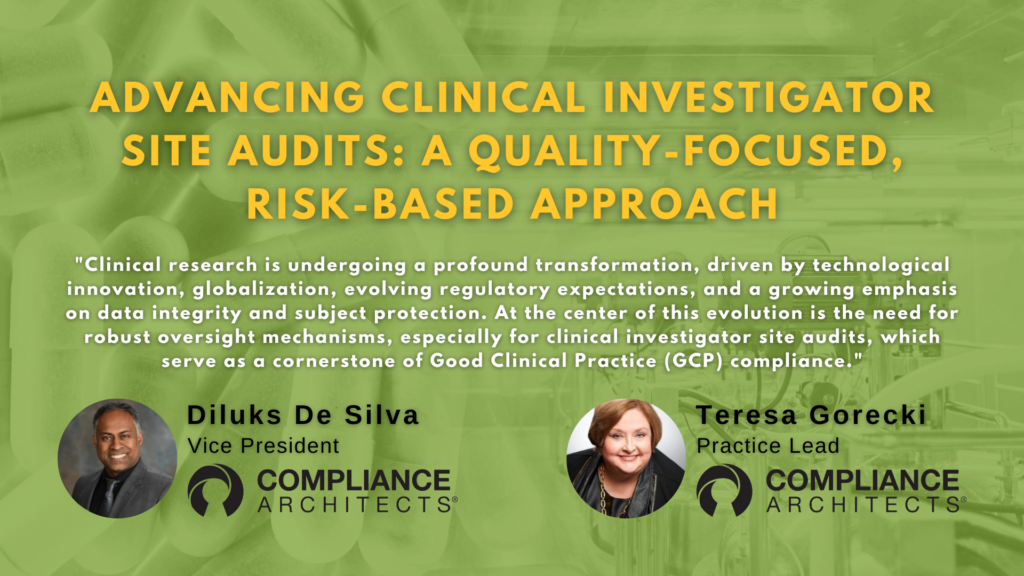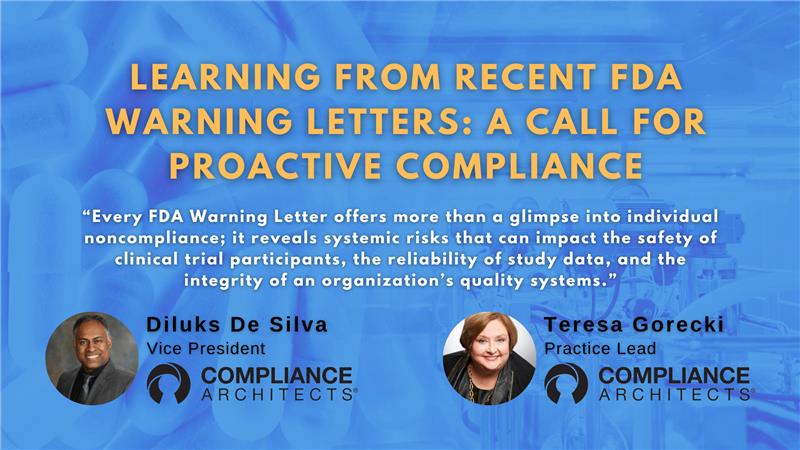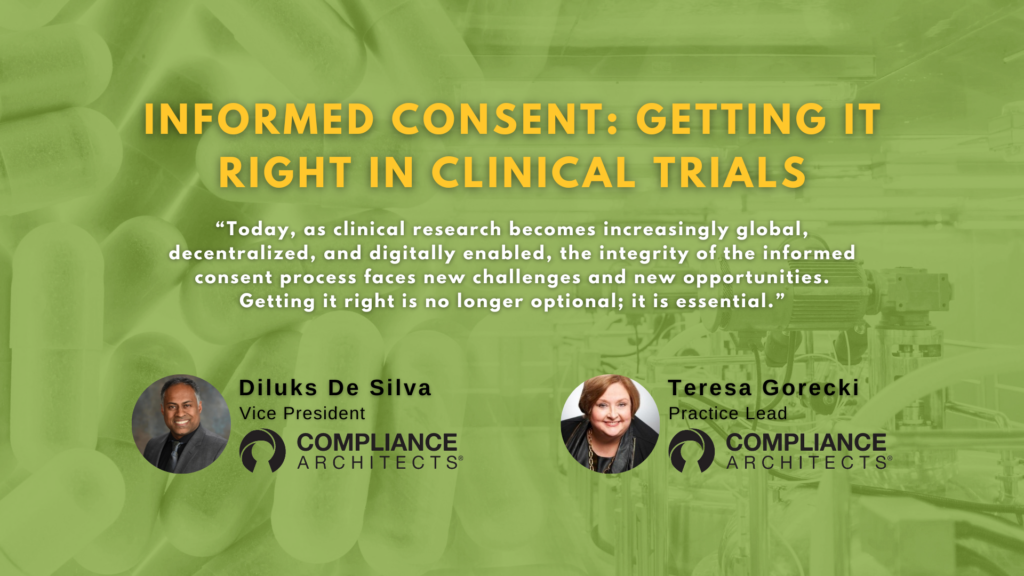In today’s pharmaceutical manufacturing landscape, trust is paramount. Patients rely on drug manufacturers’ integrity to provide safe and effective medications to manage complex, targeted health conditions. However, in a recent case, a company had been manufacturing and distributing adulterated drugs, putting lives at risk, for nearly a decade. Recent revelations highlight an infrequent but nevertheless disturbing reality: some companies disregard their obligations for quality.
In this article, we will go over a recent case of manufacturing and distributing adulterates drugs, how we can avoid the spread of dangerous manufactured products and uphold quality and safety, and the regulatory enforcement services that our team at Compliance Architects has to offer.
Table of Contents

Recent Case of Adulterated Drugs
A recent case sheds light on the severity of this issue. Between January 2011 and October 2013, a pharmaceutical company introduced 62 batches of adulterated hydroxyzine tablets into interstate commerce. Despite the egregious nature of the violations, the penalties amounted to a mere $3.5 million. Such a nominal penalty hardly seems commensurate with the magnitude of the offense, especially considering the potential harm caused to unsuspecting consumers.
As we reflect on this example of patient disregard in 2024, it’s evident that the consequences of inconsistent regulatory enforcement extend far beyond monetary impacts. When bad actors prioritize profit over public safety, they risk the entire pharmaceutical industry’s integrity. Their actions erode trust and confidence in a system that requires the highest trust and confidence to ensure broad access to medications and confidence in products’ safety and efficacy.
Upholding Quality and Safety: Beyond Regulatory Compliance
Blaming regulatory bodies like the FDA for the shortcomings of a few rogue companies is misguided. While these agencies play a crucial role in safeguarding public health, they cannot be expected to identify every instance of misconduct. It is incumbent upon pharmaceutical companies to ensure they adhere to stringent quality standards and comply with regulatory requirements to ensure their products’ safety.
Demonstrating compliance with regulations is not merely a box-checking exercise. Compliance that drives quality and safety outcomes comprises a structural web of interrelated activities. The activities must be performed within a quality culture that embraces an obligation to patients and consumers. Companies must continually invest in their quality management systems and constantly seek to improve their good manufacturing practices to mitigate risks and prevent lapses in product safety.
Regulatory Enforcement at Compliance Architects
At Compliance Architects®, we recognize the importance of navigating complex regulatory requirements and building robust control frameworks to mitigate quality and compliance risks. We work closely with pharmaceutical companies and other regulated manufacturers to help them understand and properly address regulatory requirements, prepare for inspections, and implement effective quality measures. By fostering a culture of compliance and accountability, we strive to uphold the highest standards of integrity in the pharmaceutical industry.
Conclusion
Seeing adulterated drug manufacturing in 2024 underscores the urgent need for more consistent regulatory enforcement and requires a corresponding focus on corporate accountability. As stakeholders in the healthcare ecosystem, we must collectively condemn unethical practices and demand greater transparency and integrity from pharmaceutical companies. By working together to uphold the highest quality and safety standards, we can restore trust in the medications that millions rely on for their health and well-being.
Want to know how we can help you navigate the complexities of regulatory compliance in pharmaceutical development and manufacturing? Contact us below to learn more and for a free consultation.




